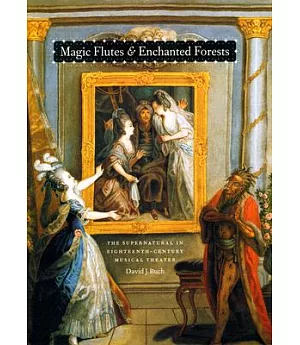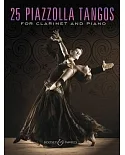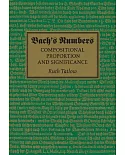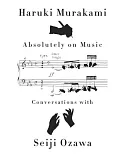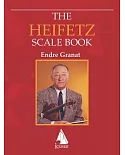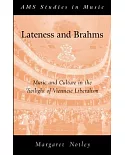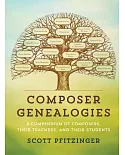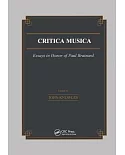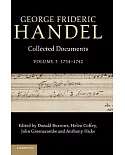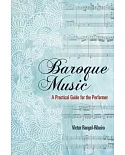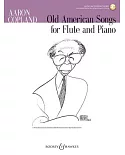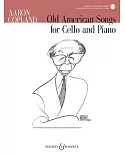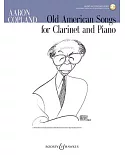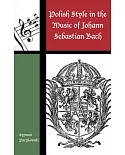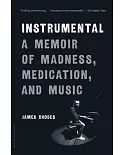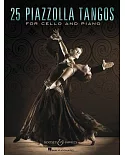Drawing on hundreds of operas, singspiels, ballets, and plays with supernatural themes, Magic Flutes and Enchanted Forests argues that the tension between fantasy and Enlightenment-era
rationality shaped some of the most important works of eighteenth-century musical theater and profoundly influenced how audiences and critics responded to them.
David J. Buch reveals that despite—and perhaps even because of—their fundamental irrationality, fantastic and exotic themes acquired extraordinary force and popularity during the period,
pervading theatrical works with music in the French, German, and Italian mainstream. Considering prominent compositions by Gluck, Rameau, and Haydn, as well as many seminal contributions by
lesser-known artists, Buch locates the origins of these magical elements in such historical sources as ancient mythology, European fairy tales, the Arabian Nights, and the occult. He
concludes with a brilliant excavation of the supernatural roots of Mozart’s The Magic Flute and Don Giovanni, building a new foundation for our understanding of the magical
themes that proliferated in Mozart’s wake.

